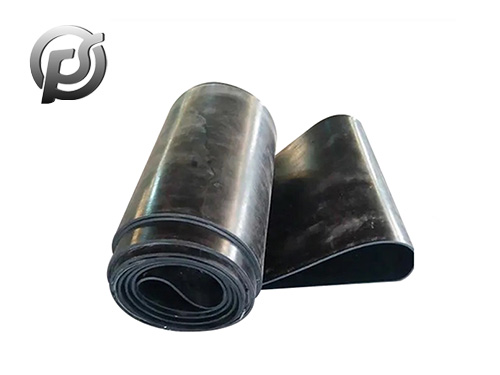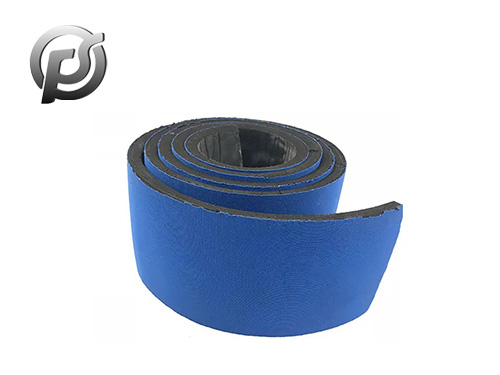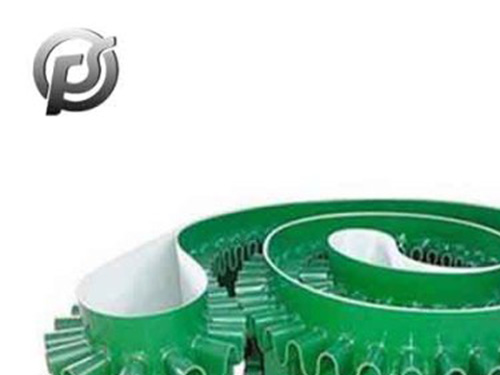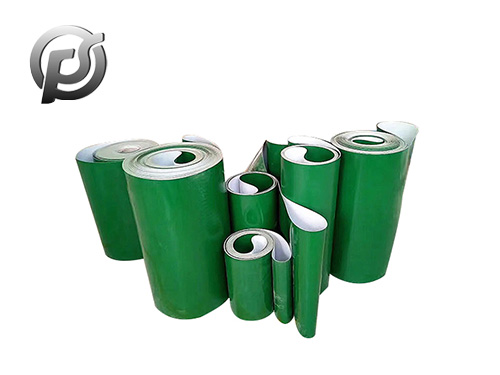High Strength: Polyester fibers exhibit high tensile strength, allowing polyester conveyor belts to maintain their shape and stability when transporting heavy materials.
Low Elongation: Polyester conveyor belts have a relatively low elongation rate, meaning they experience minimal deformation under load. This feature contributes to the precision and stability of conveyor systems.
Excellent Wear Resistance: Polyester conveyor belts demonstrate good wear resistance, enabling them to withstand extended periods of use without significant wear and tear, thus extending their service life.
Corrosion Resistance: Polyester fibers exhibit resistance to chemical corrosion, making polyester conveyor belts suitable for use in special industrial environments, such as chemical plants and acidic or alkaline conditions.
Low Energy Consumption: Due to their lightweight nature, polyester conveyor belts have low inertia. This results in lower energy requirements during startup and stopping, contributing to reduced energy consumption in conveyor systems.
Good Joint Performance: Polyester conveyor belts exhibit good joint performance, allowing for various jointing methods such as mechanical joints, hot vulcanization, and others. This ensures secure connections between belt segments.
Cold Resistance: Polyester conveyor belts maintain flexibility and performance even in low-temperature environments, making them suitable for use in cold climates.
Relatively Low Cost: Compared to some high-performance conveyor belt materials, polyester conveyor belts are relatively cost-effective, providing an economical choice for various applications.

 PE Conveyor Belts: Characteristics, Applications, and Advantages
PE Conveyor Belts: Characteristics, Applications, and Advantages
 Stone Conveyor Belt: Enhancing Efficiency and Productivity in Material Handling
Stone Conveyor Belt: Enhancing Efficiency and Productivity in Material Handling
 Optimizing Operations with PE Conveyor Belts: Durability, Efficiency, and Versatility
Optimizing Operations with PE Conveyor Belts: Durability, Efficiency, and Versatility